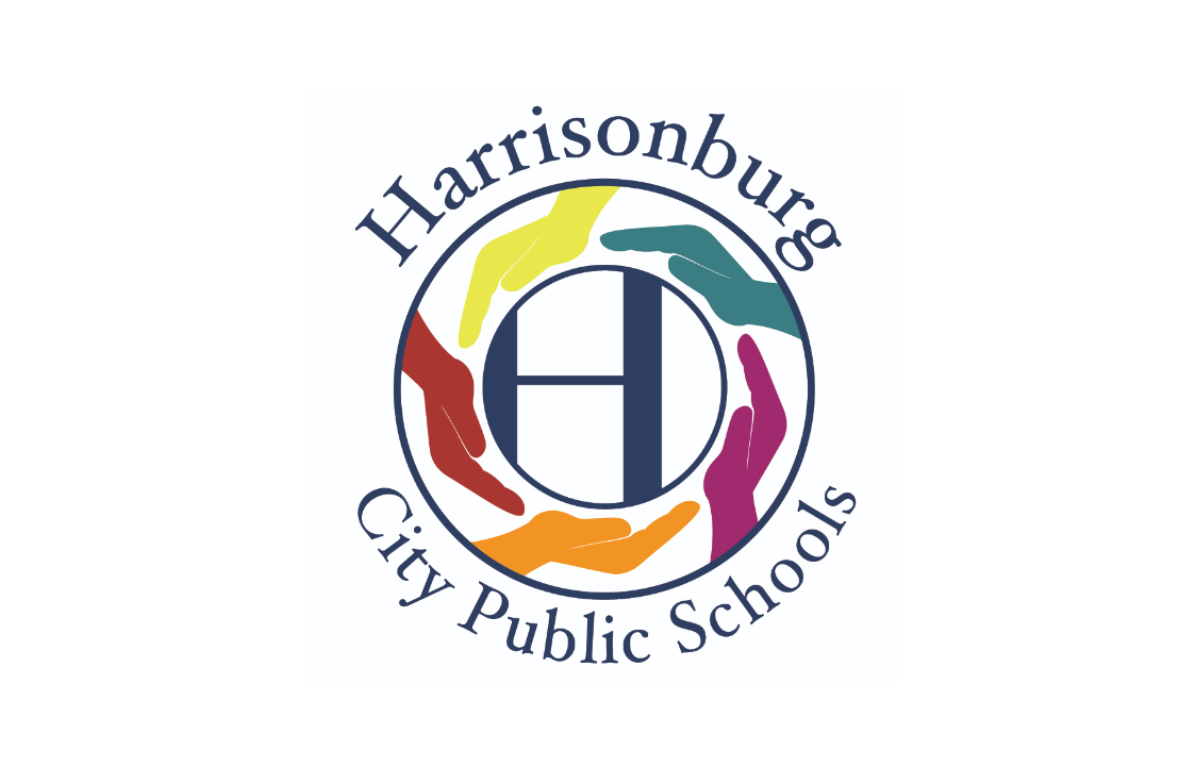HARRISONBURG, Va. (ROCKTOWN NOW) – The Harrisonburg City School Board will revisit the idea of adjusting start and end times in the school division with a continuation of the board’s School Start Time Task Force. However, they plan to take a different approach after deciding against the Task Force’s original proposal in March.
Superintendent Michael Richards proposed to continue that task force’s work at the board’s work session Tuesday night at Smithland Elementary School.
The original proposal to adjust start times in HCPS drew overwhelming concern from both community and school staff, with childcare availability among the most frequently cited issues. Richards was directed by the board to develop a different plan after their vote at the March work session.
This time around, Richards said he wants to include different members of the community, as he acknowledged that childcare availability is a citywide challenge.
“My vision is that we as people who really think outside of the box could get together with different, potential partners and say ‘here’s some ideas, here’s how they benefit you,'” Richards said. “I think it benefits an institution that does start to provide childcare for their own stakeholders.”
Board member Deb Fitzgerald seemed hesitant about the idea for a new school start times task force at first. While she could get behind the idea in theory, Fitzgerald said that adding another committee may not work as well in practice.
“I feel like the city is like a house where there are tables in every room, and everybody’s working independently on a huge problem that the whole house is experiencing, and I’m not sure that another table in another room necessarily helps things,” Fitzgerald said. “There has to be some sort of system level coordination to capture all the stuff that people are working on.”
Sal Romero, who led the school start times task force with their original proposal said they have models to look to, both locally and outside the city, to figure out how to get multiple stakeholders and organizations to brainstorm a solution for childcare in Harrisonburg. Those include some after school programs that are already thinking outside the box to meet that need in Harrisonburg.
“So, at this point, many of them have shared a shared interest in continuing to expand their programming across the division in some cases,” Romero said.
Fitzgerald described that factor as a “game changer” in coming up with a solution that would soften the adjustment of new start and end times in the city’s schools.
The alternative proposal includes refreshing the task force membership, by getting different parents involved, looking at additional childcare resources and data in the city, and holding work sessions with community partners.
While discussions over the schedules in Harrisonburg City Schools will continue through next year, two other task forces will examine the use of Artificial Intelligence (AI) and achievement, participation and discipline gaps in the division, respectively. Richards said that he plans for all three task forces to start their work at the start of the 2024-2025 school year.



